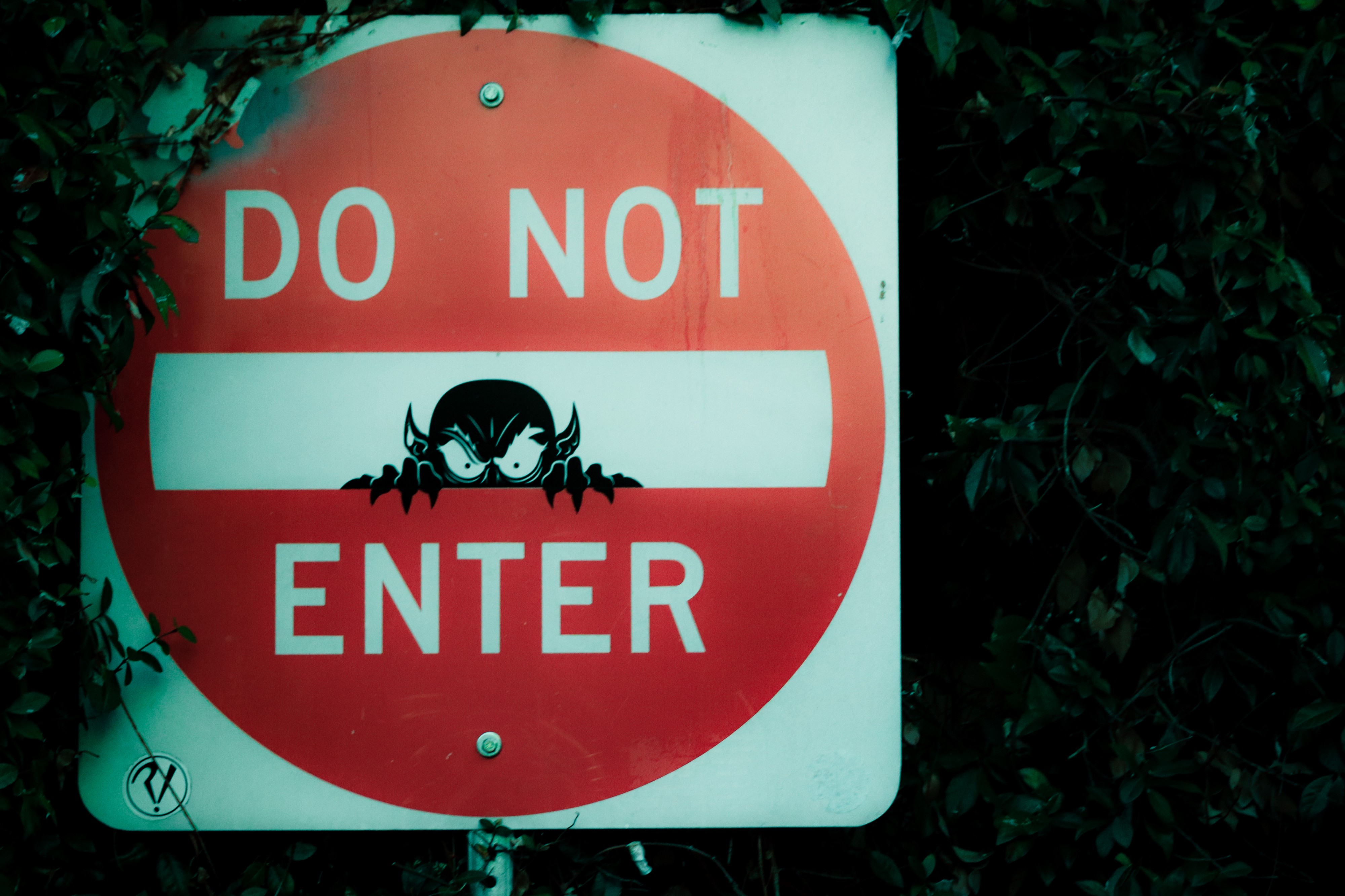When women troll to death
 Photo by Nick Coleman on Unsplash
Photo by Nick Coleman on Unsplash
The web isn?t the most friendly place for girls and women. Trolls, con artists, and sexual predators find it all too easy to prey on females online. As the web?s inventor, Sir Tim Berners, pointed out in Why the Web Isn?t Working for Women and Girls, that is something we urgently need to tackle.
He, however, missed one of the most important aspects of this problem, the fact that it?s not only men who troll women. This may come as a surprise since our culture isn?t used to thinking about females as aggressors. In reality, though, female trolls can be even more vicious and deadly than male trolls. So women are not only the victims but also the perpetrators of online trolling. What?s more, about half of online trolls are women. The question is, how can that be?
Women Are Masters of Passive Aggression
Traditionally, our society has conditioned women to not openly show their anger, let alone aggression. Aggression, however, is a part of human nature regardless of gender and you cannot eliminate it. It has nothing to do with whether you are a man or a woman. To some degree, we all have it in us.
The result of a culture that suppresses any sign of aggression in females from a very young age, women learned to express it differently. Usually, this means that they become masters of passive aggression. It?s far less likely that a woman will get into a fight or be physically aggressive than it is that she will resort to techniques such as social exclusion and verbal abuse. And what better place for doing that than the Web, especially when anonymity is an option? Many women use it to fully unleash their suppressed anger and aggression through merciless harassment and abuse of others.
Perceiving Other Women As Competition
One of the reasons why female trolls so readily go after other women is that they see them as competition. They might be jealous of them or their achievements. Also, through trolling, they get a sense of power and control over others and that?s why trolls often attack those they perceive as weak.
Like everything else in our behavior and unwritten agreements on socially acceptable norms, this too has its origin in history. Until not that long ago, women were almost completely dependent on men. Married women had far more privileges than the so-called old spinsters. What?s more, the status a woman enjoyed in the society was based on that of her husband.
While men competed in trade, philosophy, business, and sports, women under the pressure of patriarchal society as far back as Ancient Greece were supposed to be focused solely on getting a good catch, e.g. a wealthy and respectable husband. Traditionally, women thus competed with each other for men. They had to do this in order to survive or at least ensure a somewhat decent living for themselves and their children.
Often, the competition was anything but fair. Spreading vicious rumors about other women, for instance, was and still is the norm. In that sense, trolling women by women goes much further back in history than what we are currently experiencing thanks to technological advancements. The only thing that changed is the newly added online delivery channel.
Even today, women are regularly insulted, humiliated, and called sluts both off and online. Research showed that misogynistic terms are used in equal measure by men and women on Twitter. We still live in a sexist society where shaming women based on their sexuality and gender seems to be a norm adhered to by many, regardless of their sex.
A fellow writer on Medium, ZUVA, shared her experience with being called a slut and whore since she was 16, well before she even had sex for the first time. ?There are plenty of women who will join in with the vitriol. Choosing these moments to peacock their feathers, so others will notice that they are unsullied. I have, after all, been called worse names by women than men,? writes ZUVA.
Women in positions of power at work often treat women far worse than male bosses as well. Several studies showed that both men and women prefer male bosses but women do so by a notably larger margin. Among the reasons for this, the respondents stated bitchiness. The hatred and unhealthy competition among women is real, ubiquitous, and ever-present.
Anonymity Makes Things Worse
At least online, things could be improved if it weren?t for the anonymity that is allowed on most platforms. People can all too easily assume a false identity, which opens the door to abuse. That?s what Lori Drew, a mother of Megan Meier?s ex-friend, did. She pretended to be a boy, Megan?s love interest, and then trolled the 13-year old literally to death.
Anonymously, many people will say and do things they would have otherwise never dared to. Things then escalate fast and have already ended in several deaths of not only young girls but also female celebrities. A misconception that words are empty and can do no harm contributes to the downplaying of trolling and the dire effects it has on the society.
Words are not empty and meaningless. They can be equally as deadly as coronavirus and they can cause as much damage. Female public figures, writers, and journalists are especially vulnerable since they are being targeted even more severely and viciously than anybody else. We are losing some to suicide in addition to the voices of many who have been silenced by trolls.
If we want to improve things and make people accountable for their deeds, we should thus eliminate anonymity from social media profiles and comments sections under articles. Cyberbullying is a form of violence and we should treat it as such. Freedom of expression cannot and should never be used as an excuse for pushing others to kill themselves or make them quit their jobs.
Nobody should be free to deliberately hurt and destroy others and their lives, yet this is what our society now allows online. Also, we need to teach women how to cooperate and support each other instead of cutting each other?s throats while trying to reach the highly limited spots on the top that are rarely open to women in contrast to men.
Men stick together while women don?t. Want to improve the web for women? Start with female trolls, off and online.


